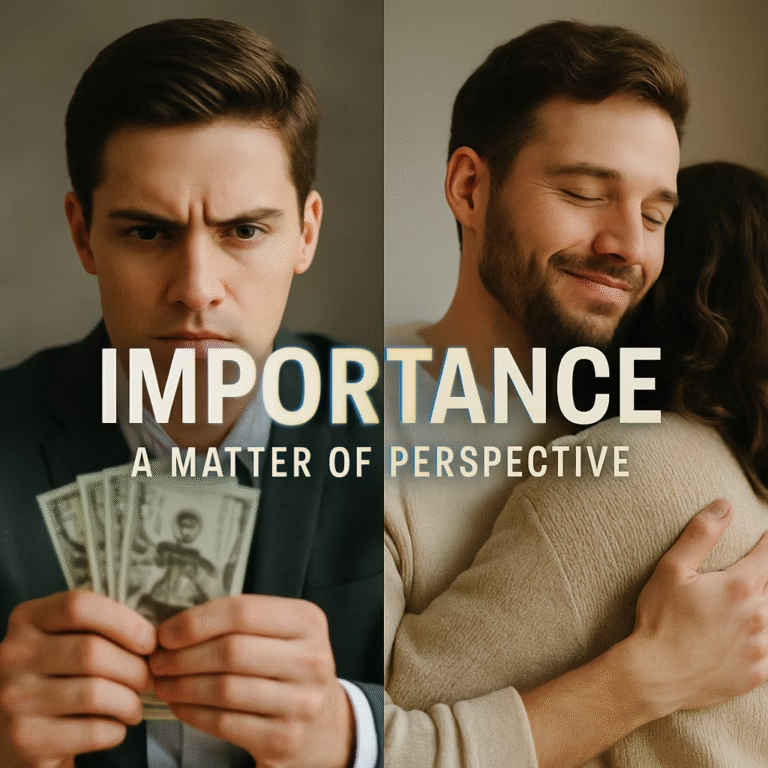Not every conflict needs to be resolved. Sometimes, the best form of closure is growth. When you outgrow the conflict, the person or situation that once consumed your emotional energy becomes too small to fit into the life you’re building.

Why Outgrowing Works Better Than Dwelling
When you stay mentally or emotionally locked in a past conflict, you’re essentially pausing your own progress. But when you choose to move forward, to become more focused on your goals and growth than on revenge or resolution, the past fades in importance. You evolve into someone for whom the conflict is simply irrelevant.
This approach works because it shifts your attention to empowerment. The more you invest in your personal development, the less space you leave for resentment. It’s not about pretending the issue didn’t matter; it’s about building a life where it doesn’t matter anymore.
Also Read: Learning from the Lesson: Turning Pain into Wisdom
How to Outgrow the Conflict
- Expand Your Skills and Knowledge
Enroll in online courses, read new books, and dive into subjects that stretch your thinking. Sites like Coursera offer free and paid programs that help you grow academically and professionally. - Redefine Your Social Circle
Engage with people who reflect your future, not your past. Join meetups, professional groups, or hobby communities that support your new direction. - Pursue Meaningful Experiences
Travel, volunteer, try new activities—whatever broadens your view of life. These experiences help you see the old conflict for what it really was: a small chapter in a much bigger story. - Practice Mindful Detachment
Accept that closure isn’t always verbal or mutual. Sometimes, the only closure you need is realizing you’ve moved far beyond where the conflict occurred.
Final Thought
Outgrowing a conflict doesn’t mean you’re weak. It means you’re strong enough to build a better future, with or without an apology or explanation. Growth isn’t just healing—it’s freedom.




